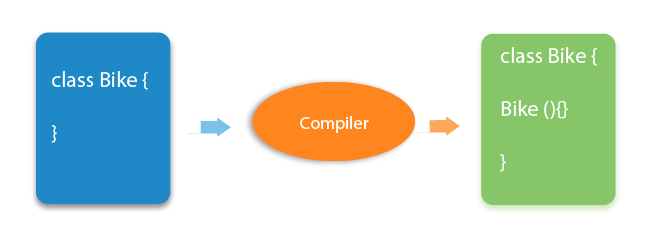Purpose of a Default Constructor

The purpose of a default constructor in Java is to initialize an object with default values when no other constructor is explicitly defined in the class. If a class does not contain any constructors, Java automatically provides a default constructor. The default constructor has no parameters and typically initializes instance variables to their default values.
Here are some key points about the purpose of a default constructor:
Object Initialization: The default constructor initializes the object's state by setting initial values for its instance variables. If the class contains instance variables with primitive types, they are initialized to default values (e.g., 0 for numeric types, false for boolean). If the class contains instance variables with reference types, they are initialized to null.
Implicit Invocation: When an object is created using the new keyword and no specific constructor is invoked, Java implicitly invokes the default constructor to initialize the object. This ensures that the object is properly initialized before it is used.
Support for Inheritance: Default constructors play a role in class inheritance. If a subclass does not explicitly call a superclass constructor using super(...), Java implicitly invokes the default constructor of the superclass. This ensures that the superclass's state is properly initialized before the subclass's state is initialized.
Convenience: Default constructors provide a convenient way to create objects without specifying any initialization parameters. They are especially useful when the object's initial state does not require any customization or when the class does not have specific initialization logic to be performed.
Here's an example of a class with a default constructor:
public class MyClass {
private int value;
// Default constructor
public MyClass() {
// Initialize instance variables with default values
value = 0;
}
public int getValue() {
return value;
}
public static void main(String[] args) {
// Creating an object of MyClass using the default constructor
MyClass obj = new MyClass();
System.out.println("Value: " + obj.getValue()); // Output: Value: 0
}
}
In the example above, the default constructor MyClass() initializes the value field of the object to 0. When an object of MyClass is created in the main method without specifying any initialization parameters, the default constructor is automatically invoked to set the initial state of the object.
Thank you,